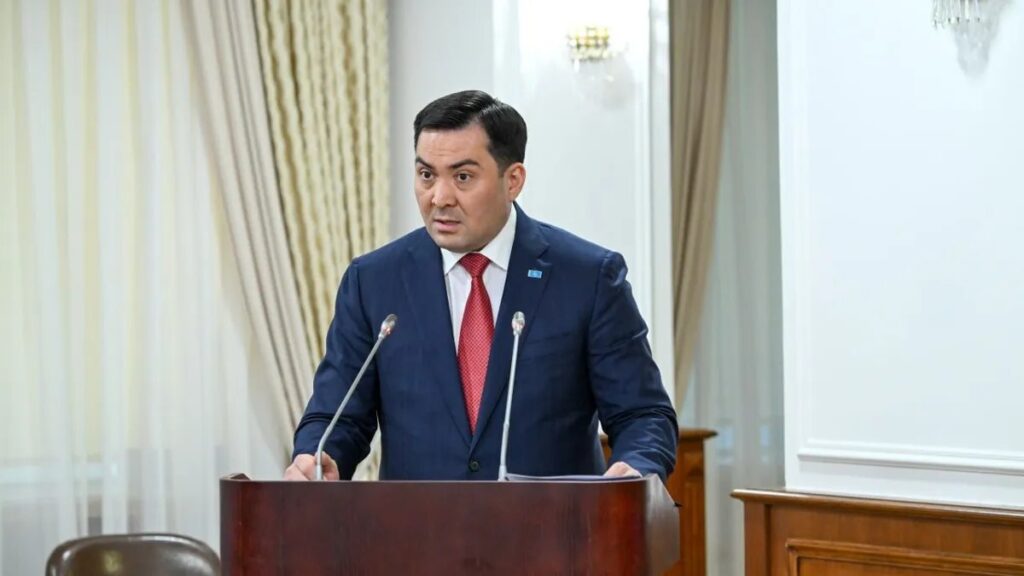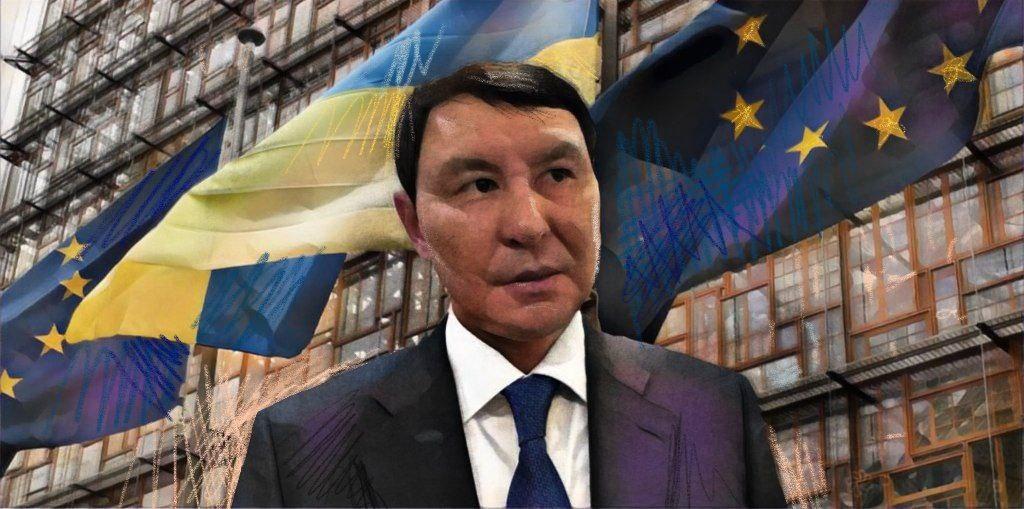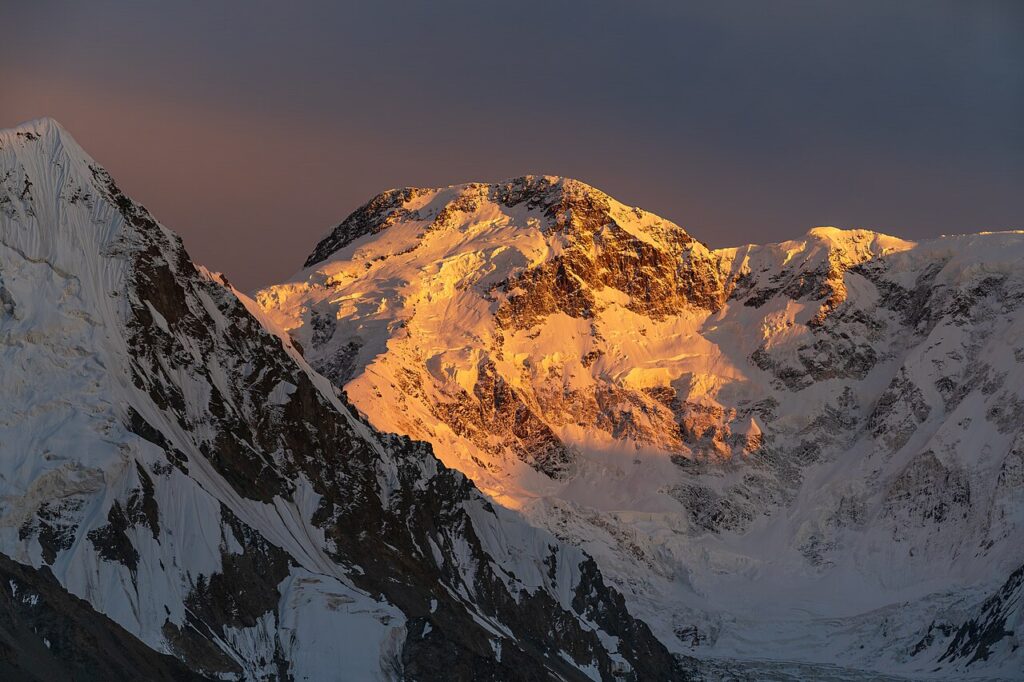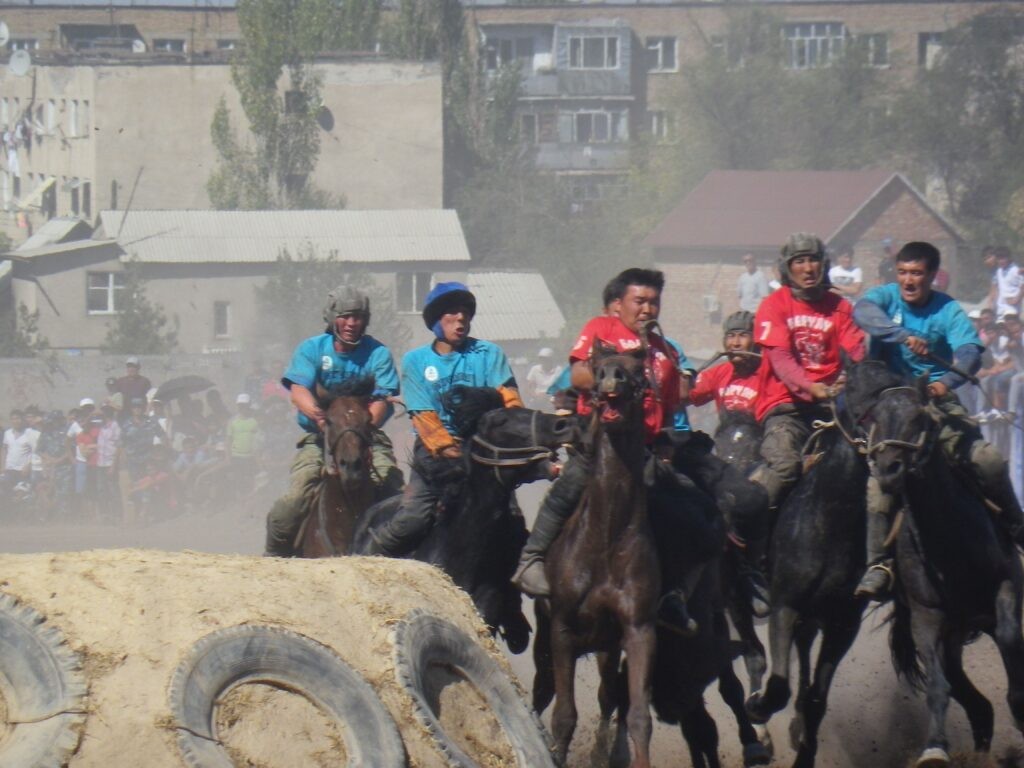Several vehicle crews from Turkmenistan are competing in the Silk Way Rally, a 5,243-kilometer race that started in Russia’s Siberian city of Tomsk on July 5 and will finish in Ulaanbaatar, Mongolia on July 15 after passing through mountain and desert terrain. The Russia-backed event has attracted scrutiny not just for the off-road adventure – its organizers face U.S. sanctions for allegedly helping Russian military intelligence.
The annual Silk Way Rally, which comes at a time of high tensions between Russia and the West over the war in Ukraine, has a history of Central Asian involvement since it was first held in 2009. The initial route started in Kazan, Russia, went through Kazakhstan and finished in Ashgabat, the capital of Turkmenistan. After a few more route variations, the 2016 edition began in Red Square in Moscow and passed through Kazakhstan on the way to the finish in Beijing after an epic 10,735 kilometers. The race was canceled in 2020 because of the pandemic.
The rally has had competitions for various categories, including trucks, cars, SSVs (Special Service Vehicles, of a type often used by police or firefighting units for difficult conditions at high speeds) and quad bikes, which are four-wheel, all-terrain vehicles.
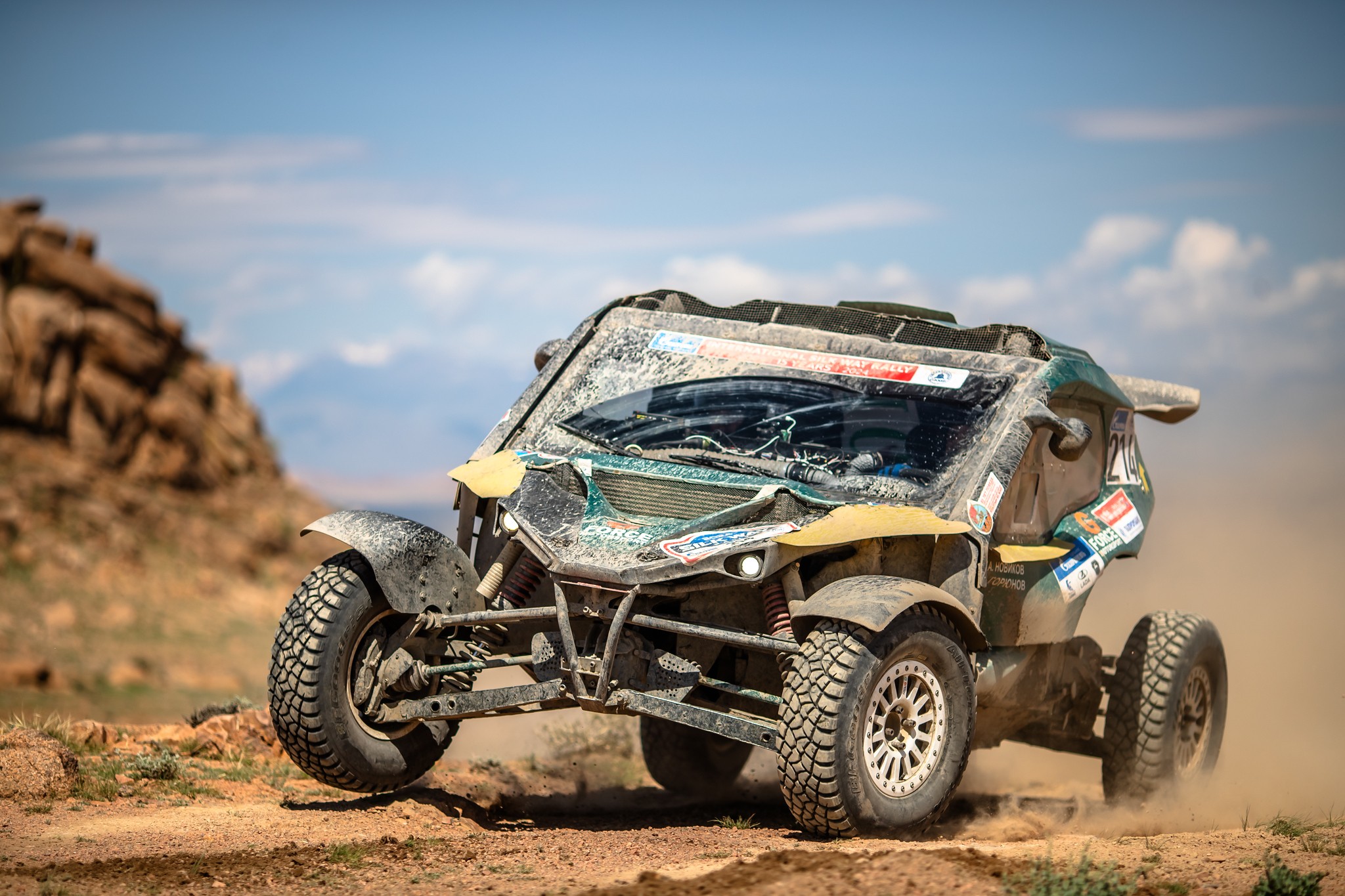
silkwayrally.com
The rally, which purports to follow routes used by merchants on the so-called Silk Road network many centuries ago, is reminiscent of the renowned Dakar Rally in West Africa. It has recently come under suspicion as an alleged front for Russian operatives.
Past winners and competitors in the Silk Way Rally have included people from France, Spain and other Western European countries, as well as Ukraine, Israel, Qatar, Saudi Arabia and Argentina. At least two dozen countries were represented in several editions of the annual race in previous years. This year, nationals from about half a dozen countries signed up and the vast majority are Russian, illustrating the impact of sanctions and the deterioration in ties since Russia’s full-scale invasion of Ukraine in 2022.
Several two-member teams from Turkmenistan, including brothers Merdan and Shokhrat Toylyev, are competing in the T2 class of cross-country vehicles. A Kyrgyz citizen is listed with a Russian in a team in another vehicle category.
The 2024 Silk Way Rally is not recognized by the Fédération Internationale de l’Automobile, also known by its initials FIA. The Paris-based governing body of motorsport has taken action to isolate Russia and its ally, the government in Belarus, since the Russian invasion of Ukraine.
The race has caught the attention of the U.S. Department of the Treasury, which on June 12 said it was imposing sanctions on the organization and its directors for alleged ties to the Russian military intelligence agency GRU. The department said Silk Way head Bulat Akhatovich Yanborisov, a Russian citizen, had received awards from the GRU for his work and appears to use his properties in Europe as transit points for Russian military intelligence officers.
“Bulat, who is Silk Way’s CEO and general director, alongside his son Amir Bulatovich Yanborisov (Amir), use Silk Way’s logistical infrastructure to procure anti-UAV and radioelectronic warfare equipment for use on the battlefield in Ukraine,” the U.S. department said in a statement announcing a wider package of new sanctions.
Russian President Vladimir Putin has said the Russian economy is growing despite increasingly tough Western sanctions and has sought to expand trade with other countries to offset their impact. Prime Minister Narendra Modi of India, a big buyer of Russian oil during the Ukraine war, met Putin in Moscow on Monday.
The media guidelines for the Silk Way Rally appear to reflect the concerns of a wartime country that is anxious about expressions of opposition. Drones, a common media tool, can’t be used along the rally route. Journalists are advised against “committing public actions aimed at discrediting the use of the Armed Forces of the Russian Federation” and must not “intentionally destroy or damage or desecrate the flag and state symbols of the Russian Federation and Mongolia.”
Promoting or displaying “Nazi paraphernalia or symbols, or paraphernalia or symbols that are confusingly similar to Nazi paraphernalia or symbols,” is also out, according to the press regulations. Russia has often said that Nazi ideology pervades the Ukrainian leadership, which characterizes such allegations as absurd.
Against the backdrop of geopolitical intrigue, the Silk Way drivers crossed from Russia into Mongolia on Tuesday.
They encountered “fast, winding tracks between picturesque hills, then the competitors found rocky sections with holes and mounds, passing through rocky deposits past the mountain Achit Lake,” organizers reported. “The crews reached the finish line through a canyon with fast roads, where they had the opportunity to rev their engines to full power.”

